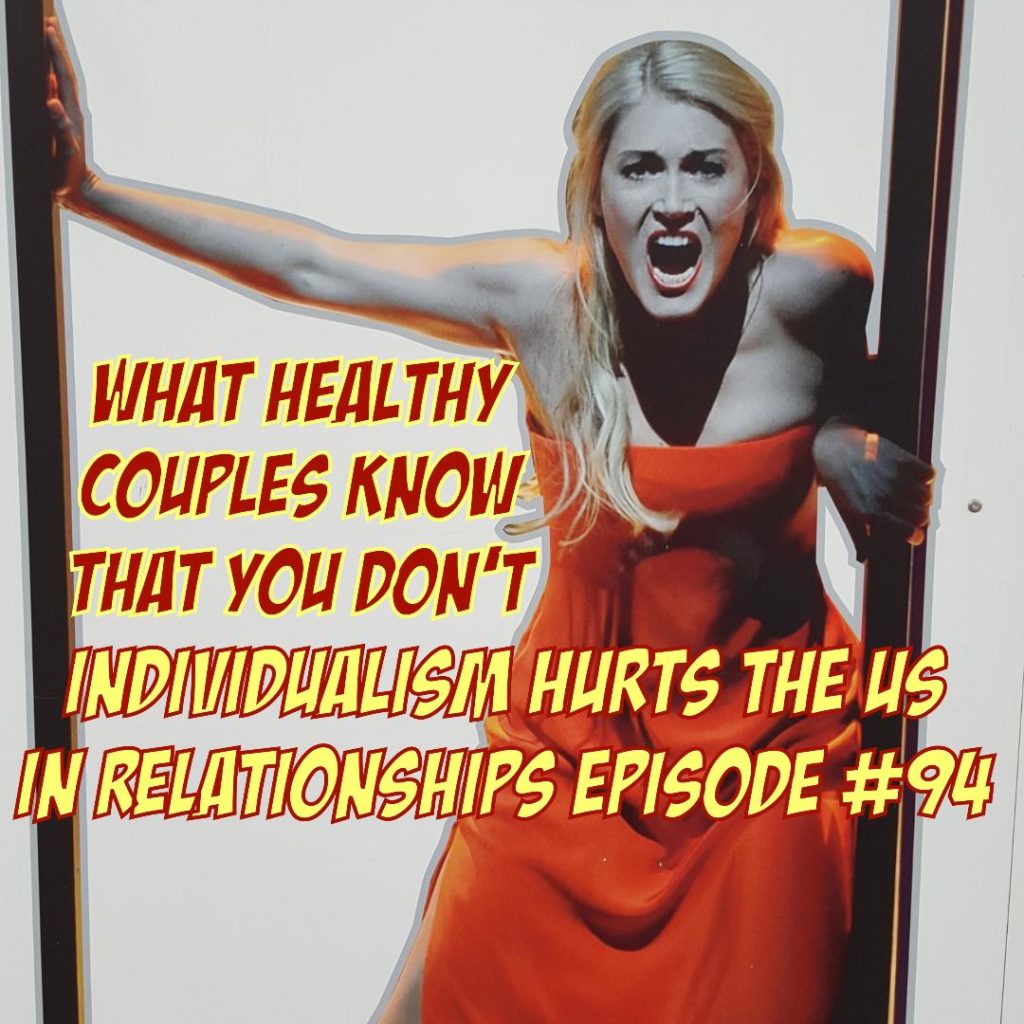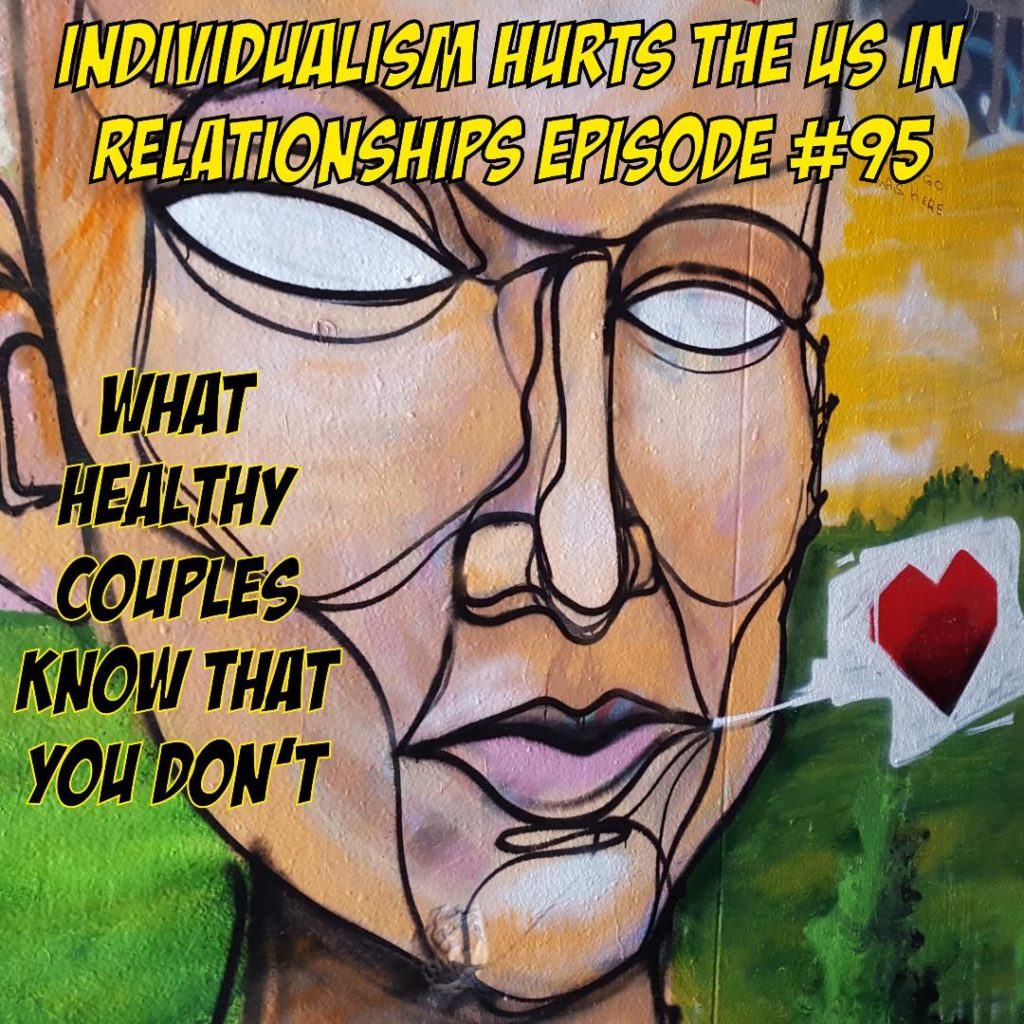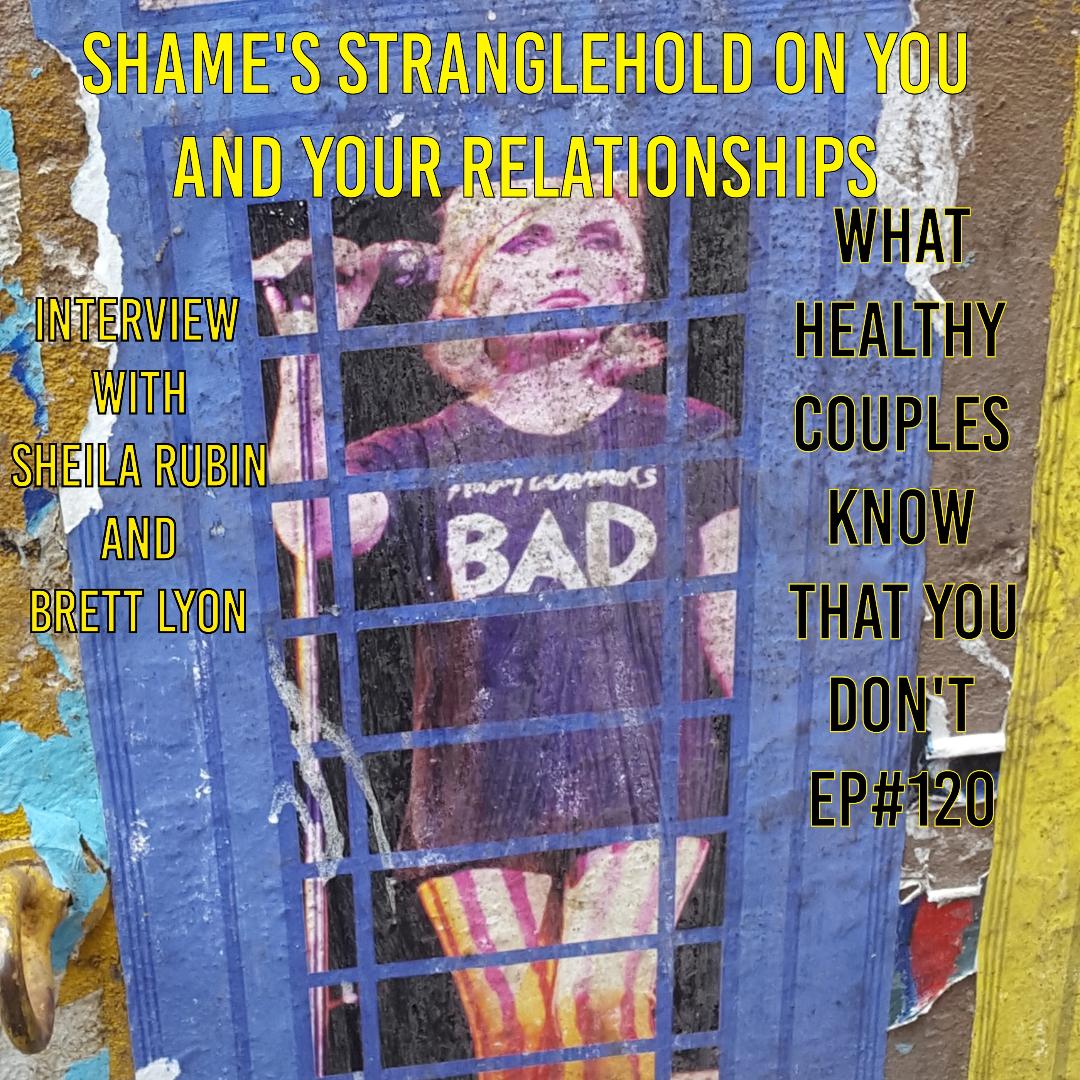
Great relationships start with your relationship to yourself. You will be harsh with others if you are harsh with yourself. There are three parts to every relationship. There is you, your partner & the US. Learning to sacrifice in order to take care of the US is something that is not talked about enough in relationships. Individualism needs to be balanced by recognizing what’s good for the US.
Watching Lucy Walker’s 2021 documentary titled Bring Your Own Brigade on the deadly California wildfires really disturbed me. I watched the community of Paradise turn down the one simple measure of creating a 5 foot space of safety without any plants around the house get squashed because of individualism. There is a price to our lopsided idea that American Individualism is the be all end all.
David Brooks wrote in the NYT this past April: “I look at the current [global] situation with humility. The critiques that so many people are making about the West, & about American culture-for being too individualistic, too materialistic, too condescending- these critiques are not wrong.”
I believe wisdom is about balancing the duality that surrounds us every day. Fear & Excitement are just one example of two polarities that are often found together. If you allow fear to swamp you, your world ends up very small, too small. Being able to balance fear with the excitement of new possibilities is just one way to manage anxiety. Both polarities are incredibly important. Fear can keep us safe & Excitement helps us find adventure & supports us to take risks.
In the wonderful novel The Lincoln Highway the character
of Sara observes the duality of how your strength can be your weakness; she talks of her brother Woolly who is wonderfully kind & gets in trouble for it. At the same time she doesn’t realize her forgiveness is her lovely quality that leads to problems in her own marriage of being too forgiving. Individualism needs to be balanced by recognizing that the common good is the other side that matters also.
We’ve embraced individualism to a point where we don’t think enough about the common good. Whether it’s vaccines that build herd immunity or a selfish point of view that erases what’s going to make both partners understand there is a third entity; the US!
There is each partner on two points of the triangle & the 3rd point is the US. There are 3 parts to every relationship. Learning to sacrifice in order to take care of the US is something that is not talked about enough in relationships….until now.
My guest today is Terry Real who has written a new book called US; subtitled How Moving Relationships Beyond
You & Me Creates Love, Passion & Understanding. He is an internationally recognized Family Therapist, Speaker and Author. Terry founded the Relational Life Institute (RLI), offering workshops for couples, individuals and parents around the country along with a professional training programs for therapists. A family therapist and teacher for more than twenty five years, Terry is also the best-selling author of I Don’t Want to Talk About It: Overcoming the Secret Legacy of Male Depression.
In your new book US you say “great relationships start with your relationship to yourself.” That seems really important, could you tell us more about that?
Terry Real: Well, first of all, if you don’t know how to have a good relationship with yourself, the odds are you’re going to inflict your unhappiness on the people around you. You’re going to ask them to make you happy. You’re going to be upset with them when they don’t. You’re going to try & control them. It’s an old thoughtthat you can’t love anybody else until you love yourself. The good news about the new book, US, is that we can work on our relationship to ourselves, just like you work on your relationship to somebody outside of you
Let me give you an example, if I might. Listen, if the people listening today, you get nothing from this podcast, but this one point, it has the power to change your life. Harshness, how many of us listening are harsh with ourselves? Here’s what I want to tell you. There is no redeeming value in harshness. There is nothing that harshness does, that loving kindness doesn’t do better, loving firmness doesn’t do better. Be firm, be direct, but you don’t have to be harsh. Stay on the person’s side, even while you’re being firm with them, or stay on your own side, even while you’re being firm with them. At my ripe old age after 30 years of doing various healing work & meditation & recovery work, I have a deal with the universe; if it’s not kind, I’m not interested. & that’s true if it’s between me & others, & it’s true if it’s between me & me.
There’s a young part of me, I call it the adaptive child—I’m sure we’ll talk about that—that is the seat of the harshness, like a battery, it absorbed the harshness that I grew up with, & there was plenty of that, & now it discharges it on me. & when that discharge happens, I lean in to that part of me, & I say, “Look, say it like you’re on my side & I’ll listen to it. But if it’s just going to be sticking your finger in my face & being mean, you’re going to have to find a better way of saying it.”
& I work with myself to de-harshify those parts with me in the same way that I would work with my wife, Belinda, & say the same thing, “Honey, you may have something that’s important for me to hear, could you say it in a kinder, less angry way so I can actually hear it?” In our individualistic culture, our relationship to relationships, including our relationship to ourselves, is passive. You get what you get, & then you bitch about it. That’s got to be the worst behavioral modification program I’ve ever heard. I want people to be more proactive on the front end, & less reactive & resentful on the back end. & you can be proactive in your relationship to yourself just like to anyone.
Can I tell you a story? So, this is a true story I tell a lot. I was off doing a presentation for a couple 300 therapist. At the end of the day, I was signing books, & somebody’s, “Oh, Terry, you’re going to be late for your plane.” So I gathered everything, I get on the plane, I barely make it. I’m sitting on a plane, it was a lovely day, & I feel this wet splotch on my shirt. & I looked down & I had been signing with a Sharpie & I hadn’t put the lid on the pen, & my shirt was now a pool of black ink.
Well, I’m depressive, & I have ADD—that’s not a good combo. 20 years ago, that ruined shirt could have been the beginning of a five-day depression. That harsh voice in me began to take off: “You’re ADD, always lose things, break things. You can’t take care of anything. You’re a loser, blah, blah, blah.” So, on this day, having some recovery onboard, I leaned in to that little boy, & I said to him, “Hey, Terry, let me tell you something, the same ADD brain that ruined the shirt is the brain that wrote the books that were being autographed. So why don’t you cut me some slack?” & he did. & I poured myself a glass of wine & that was the end of it. What could have taken five days of me beating at me, was about five minutes. I stood up to it, not with harshness, but with loving firmness. & he piped down, that’s how you work on yourself.
Rhoda: That’s how I think of therapy as well. I’m not going to just be an audience & clap, I’m also going to challenge, but I do it with kindness & people trust because there’s an honesty there, but it comes from a place of caring. & that balance, that duality is so important, I think.
Terry Real: I think you’re right. I mean, the school I’ve created, Relational Life Therapy. & I would love for all the therapists listening to come train with me. We’ve got a beautiful two-year training program. Come to my website & look it up. But we tell the truth to people, just like you’re saying, & most therapists don’t. Most therapists pussyfoot around. The art is to tell the truth to somebody in a way that’s so loving, that’s so rooting for them, that they feel closer to you after the confrontation than they did before. I call that joining through the truth. & it’s an art. You have to learn it. Come to my training, & we’ll teach you how to do it.

Rhoda: You talk about the US being about closeness, & it then it evaporates, becoming the you & me in a Cold War. Why does this happen so easily to all of us, besides the fact that we’re all human?
Terry Real: Well, it has to do with trauma. & we’re really making great advances over the last 20 years in understanding trauma. Look, my colleague, Gabor Matta, has a saying I like a lot, “You rarely see the wound, you see the scar.” & what happens is, it isn’t so much that we play out our wounding in our relationships, we don’t sit with our wounds, if we were, we would stop. What happens is we have about 10 seconds worth of tolerance for what wounds us, & then we move into what we learned as kids to cope with it, to adapt to it: fight, flight, freeze, fix, one of those four.
& that’s what I call the adaptive child part of us. It is the version of an adult that you cobble together in the face of unhealthy parenting. & it looks like an adult but it’s not. It’s black & white, it lacks nuance, it’s perfectionistic, it’s relentless, it’s harsh, it’s unforgiving, it’s certain, it’s rigid, it’s repetitive, it’s not creative. The wise adult part of us, the prefrontal cortex part of the brain is here & now; you can stop, you can think you can make a deliberate choice. But what happens to us is that we get trauma trigger in our relationships all day long.
Our autonomic nervous system scans our body four times a second, am I safe? Am I safe? Am I safe? Am I safe? If you say, yeah, I’m safe, you stay in that mature part of us that I call the wise adult part of us. Again, it’s the most mature part of the brain, prefrontal cortex. If the answer is no, I don’t feel safe, I’m in danger. That mature part of the brain shuts down, & we are flooded with more primitive parts of the brain & nervous system. We are in fight or flight. Our endocrine system is pumping stimulus into our bloodstream. We know what it feels like to be triggered. Your armpits are sweating, your heart’s beating, & you’re flooded. I call it whoosh, W-H-O-O-S-H.
& what happens to us when we’re trauma triggered, is we move into our characteristic knee jerk response over & over & over again. & what the art of having a good relationship is about is taking a moment, taking a breath, or 20, taking a break, I’m a big fan of physically taking breaks with each other, walk around the block, take 20 minutes off, & recenter yourself.
When you’re in that flooded, traumatized, what I call “you & me” consciousness, it’s about survival. It’s about you versus me win lose it, which is not reality, it’s a delusion. You have to work to bring yourself up out of that to remember love, remember the whole, remember that you & your partner are a team. You’re not two individuals who are fighting each other. & it changes everything. It changes your language. Instead of saying, “Rhoda, I hate how you’re talking to me! Sop it!” It becomes, “Listen, I want to hear what you have to say, could you tone it down so I can listen.” Instead of saying, “Sex, sex, I need more sex around here!” It becomes, “Honey, we both deserve a good relationship. What do we need to do two jump?”
You & your partner are a team, you’re not adversaries, but you have to be in the wise adult part of your brain to remember that you’re a team, that’s the first skill, is coming into getting your hands dirty,
Rhoda: & be willing to give yourself the benefit of the doubt as well as your partner.
Terry Real: Yes, you’re imperfect, your partner is imperfect. That’s okay. We all talk about being perfectly imperfect. You have to attend to those triggered little boys & girls that live inside of you, those trauma states, & their adaptation. & you have to stop demanding that your partner make it all better for you; you take care of you, you learn to love you. One of my sayings is, maturity comes when we take care of our inner children & don’t force them off on our partners to care from them.
Rhoda: & Isadore From’s saying is that maturity is honestly facing painful situation. & I say that constantly in my podcast, because I think it’s such a wise way of looking at yourself & understanding how you contribute to things. I like that a lot.
Terry Real: I know, you’re not so perfect, either. But it’s funny, I was just writing about this. One of the essential skills of a good relationship is grief. We long for the divine. We really want a god or goddess that’s going to be endlessly gratifying and complete us. & I talk to men & women & non-binary folks about what I call dealing with a partner you have instead of the one you wish you had.
Rhoda: I like that.
Terry Real: You ain’t so perfect either, get over it.
Rhoda: Okay, so you did talk about the wise adult and the adaptive child, which I really appreciate. I love what you said about how the culture at large feeds off of the adaptive child, & at the same time, can destroy our personal life. Could you say a little more about that?
Terry Real: Look, the adaptive child versus the wise adult. The bitter pill here is only the prefrontal cortex, it’s only the part of you that can remember that you’re in a relationship, that there is a hole that will solve anything. When you revert back to that automatic fight or flight, it’s me versus you, we’re two individuals, there is no relationship, there is no whole, literally that part of the brain doesn’t have the capacity to remember that. So that’s the adaptive child part.
So, you have to come up out of that you versus me. The relational answer to the question who’s right & who’s wrong, is, who cares? Who gives a shit? What matters is how are you & I are going to work this in a way that’s going to be okay for the two of us. We’re a team. When you think relationally, if one of you wins & the other one loses, you both lose. This is not a pie in the sky idealism. This is because the loser will make the winner pay for it, count on it. You’re in it together.
You see, the essence of individuals… I write about the toxic culture of individualism. I deal with high-powered people, I deal with caring straight, & most of the people I’ve worked with have been great successes in the world. & he made a hash of their personal lives, including their relationship to themselves. Because the world at large mirrors the values of the adaptive child part of us, it’s individualistic, it’s perfectionistic, it’s relentless, it’s about doing, it’s about being. The world at large is an individualistic patriarchal culture. It’s narcissistic. It’s addictive. It has very little cherishing of connection, & relationships in it.
One of the things I say is that leading men & women into intimacy is synonymous with leading men beyond the culture of individualism & patriarchy. So, we have to be pioneers. We have to move beyond the scripts of our society as men & women.
To complete the whole interview listen to the episode above! To get more from Terry, go to his website: https://terryreal.com













